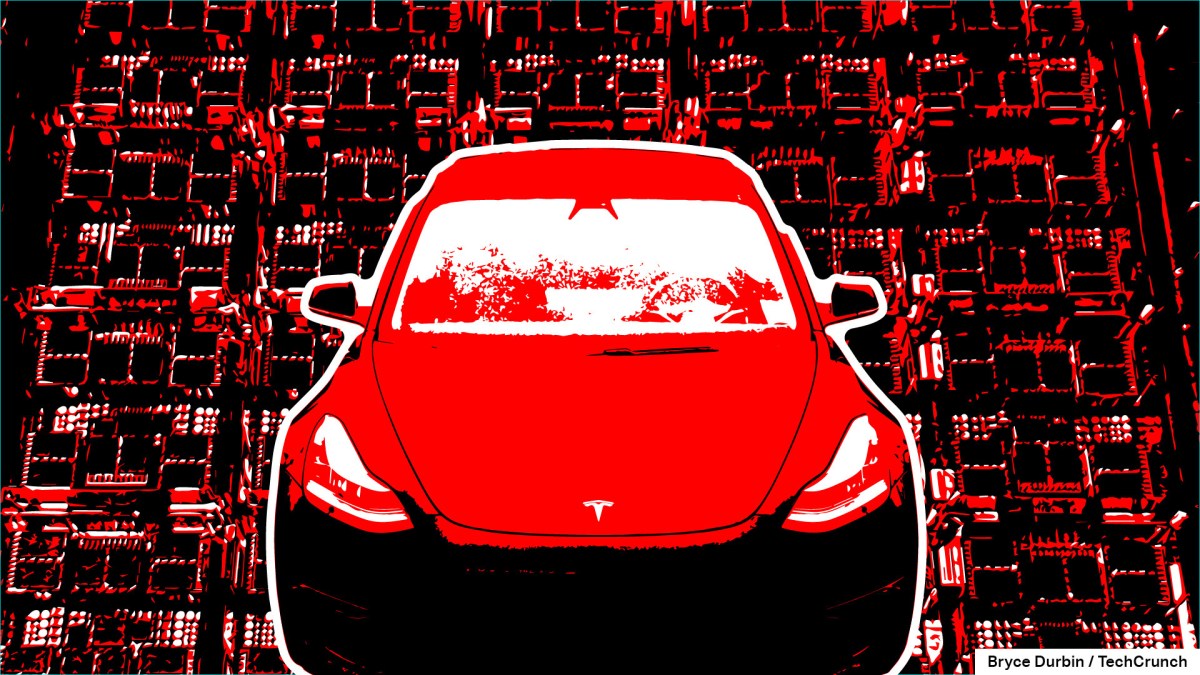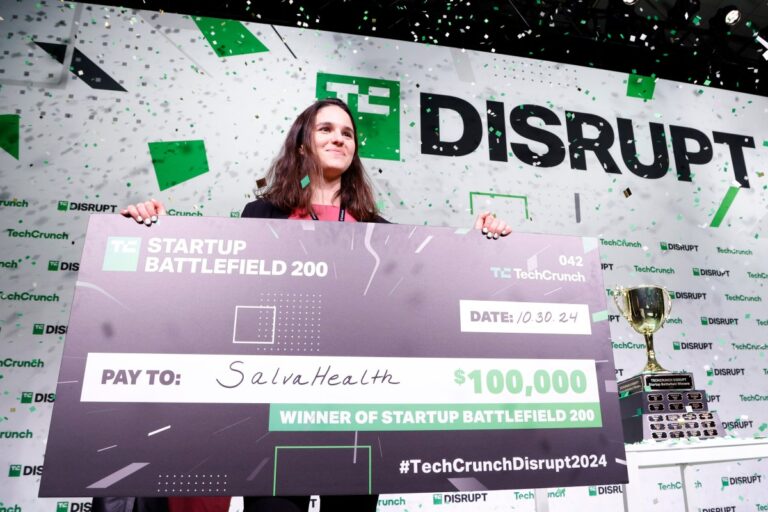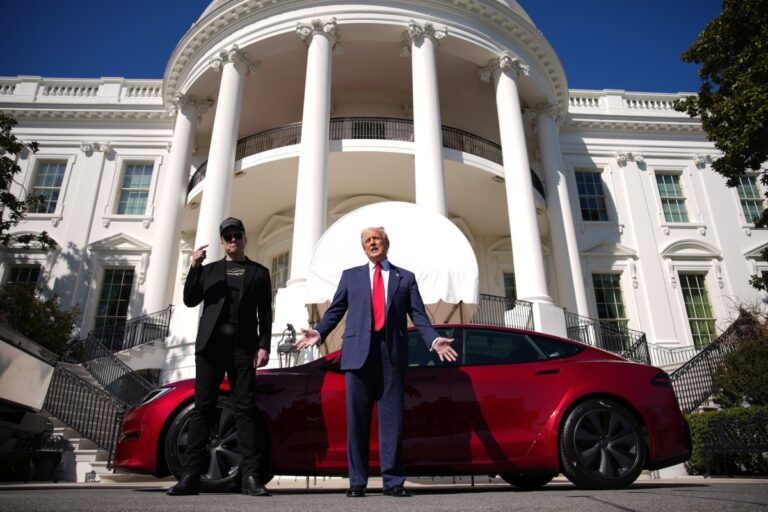Unveiling Tesla Dojo: Elon Musk’s Ambitious Vision for an AI Supercomputer Revolution
Elon Musk’s vision for Tesla goes beyond electric vehicles; it encompasses groundbreaking AI technology, particularly through its AI supercomputer known as Dojo. This custom-built supercomputer is pivotal for Tesla’s ambitions in achieving full self-driving capabilities and launching its robotaxi service. With recent developments, it’s crucial to explore what Dojo is, its significance, and how it fits into Tesla’s long-term strategy.
Understanding Tesla’s Dojo Supercomputer
At its core, Dojo is designed to train Tesla’s “Full Self-Driving” (FSD) neural networks. Enhancing Dojo is vital for Tesla as it aims to fully realize autonomous driving technology and successfully introduce its robotaxi service to the market. Currently, FSD is operational in hundreds of thousands of Tesla vehicles, performing various automated driving tasks while still requiring driver supervision.
The Importance of Dojo in Tesla’s AI Strategy
- Tesla plans to launch an autonomous ride-hailing service in Austin by June 2025.
- The company aims to introduce unsupervised FSD for U.S. customers in the same year.
- Musk has indicated that Dojo is essential for achieving full self-driving capabilities.
Despite the excitement surrounding the Cybercab reveal, attention has shifted to Cortex, Tesla’s new AI training supercluster. Musk has highlighted its extensive storage for video training related to FSD and Optimus, Tesla’s humanoid robot. However, updates on Dojo have been notably sparse.
The Vision Behind Dojo
Musk envisions Tesla as more than just an automaker; he aims for the company to become a leader in AI technology. Unlike competitors that rely on various sensors, Tesla’s approach focuses solely on camera data, processing it through advanced neural networks to enable autonomous driving.
As noted by Tesla’s former head of AI, Andrej Karpathy, the company aspires to create a “synthetic animal” that mimics human perception. This unique approach contrasts sharply with other companies like Waymo, which utilize a more traditional sensor-based method for their autonomous vehicles.
Challenges and Opportunities Ahead
Approximately 1.8 million individuals have subscribed to Tesla’s FSD package, which currently costs between $8,000 and $15,000. The aim is to push out updates developed using Dojo’s AI software, leveraging extensive video footage collected from Tesla vehicles to refine the FSD system. However, some experts caution that merely increasing data volume might not yield smarter models.
What Makes Dojo a Supercomputer?
Dojo, named after the training space for martial arts, consists of thousands of nodes, each equipped with its CPU and GPU. These components are essential for machine learning operations, particularly for FSD training in simulation. Tesla’s reliance on Nvidia’s GPUs underscores the importance of high-performance computing in this endeavor.
The Role of D1 Chips in Dojo
To enhance its capabilities, Tesla is developing its own D1 chips optimized for AI workloads, intending to reduce reliance on external suppliers. The D1 chip, which features a powerful architecture, promises to deliver superior performance for complex tasks.
The Future of Dojo and Tesla
Musk’s ambition for Dojo is to create a self-sufficient AI training environment that could significantly reduce costs and improve efficiency. The company envisions scaling up its operations to support not only FSD but also broader AI applications in the future.
As Tesla progresses, the development of Dojo will be closely watched, especially considering its potential to unlock new revenue streams through robotaxis and AI services. According to a Morgan Stanley report, Dojo could add $500 billion to Tesla’s market value by facilitating these advancements.
Current Developments and Outlook
Recent reports suggest that Tesla has initiated the production of Dojo, with expectations that it will rank among the most powerful supercomputers globally. While Tesla has not provided a definitive timeline for Dojo’s operational capabilities, the company remains committed to investing in its AI infrastructure.
As Tesla navigates the complexities of AI technology, the success of Dojo will be pivotal in establishing the company as a leader in autonomous driving and AI innovation.
Stay tuned for further updates as Tesla continues to advance its AI initiatives and the development of Dojo.







